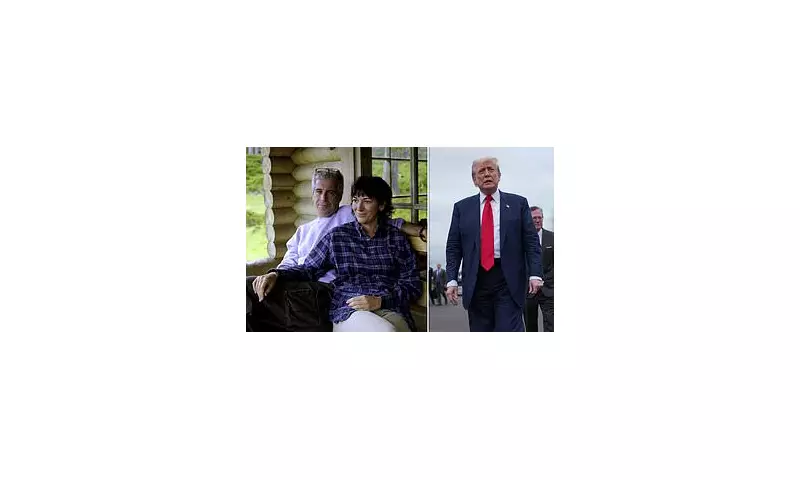
In a stunning legal twist, Ghislaine Maxwell, the British socialite and longtime confidante of disgraced financier Jeffrey Epstein, was granted limited immunity by a US deputy attorney general, according to newly uncovered documents.
The controversial decision, which has reignited public outrage, allowed Maxwell to avoid prosecution for certain crimes during her cooperation with federal investigators. Legal experts suggest this move may have played a crucial role in delaying her eventual arrest.
Immunity Deal Under Scrutiny
The immunity agreement, signed in the mid-2000s, reportedly protected Maxwell from being charged for crimes related to her involvement with Epstein's sex trafficking ring – provided she gave truthful testimony about her activities.
However, critics argue this deal enabled Maxwell to continue her alleged criminal behavior for years before finally facing justice. "This was a catastrophic failure of the justice system," said one victim's advocate.
Maxwell's Current Legal Battle
Now serving a 20-year sentence for sex trafficking and conspiracy, Maxwell continues to appeal her conviction while new details emerge about her controversial immunity deal. Legal analysts predict these revelations could impact:
- Future appeals in her case
- Potential new charges against other Epstein associates
- Public trust in federal prosecution decisions
The Justice Department maintains that such immunity agreements are standard practice when pursuing higher-profile targets in complex investigations.





